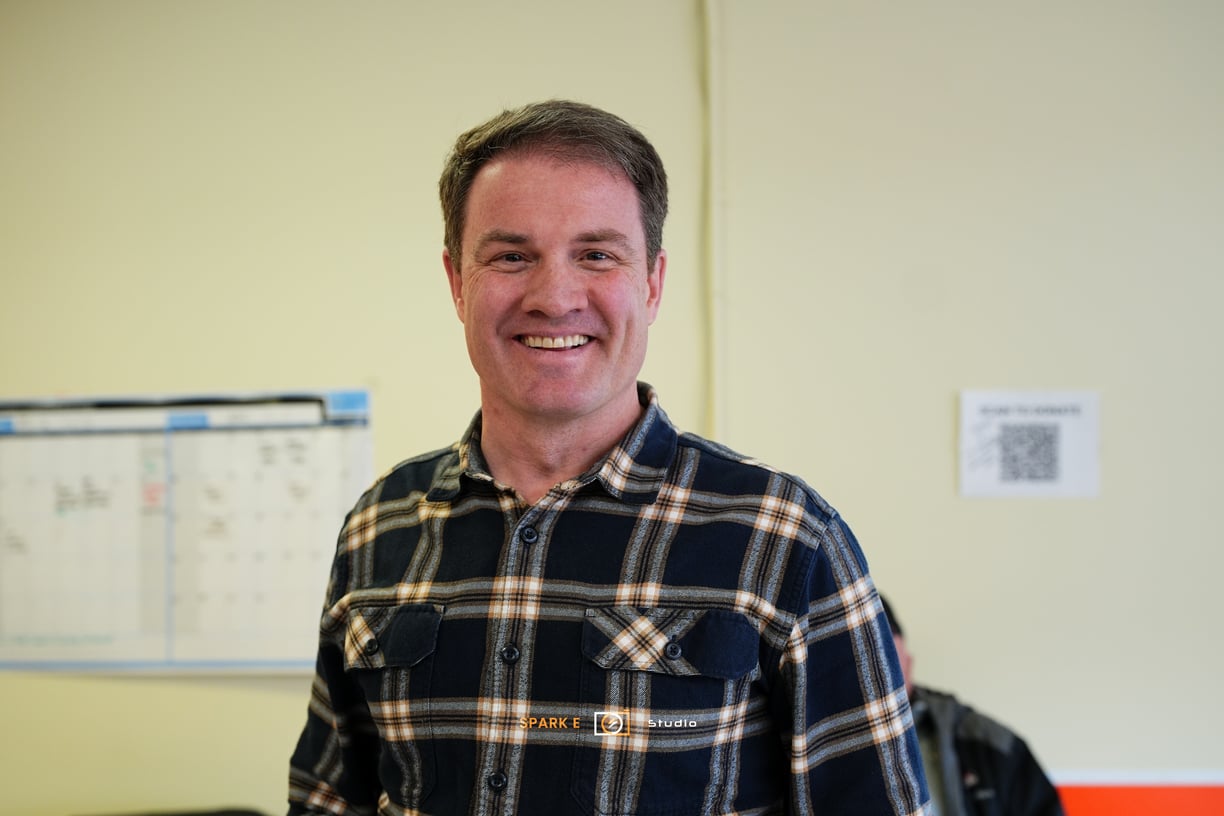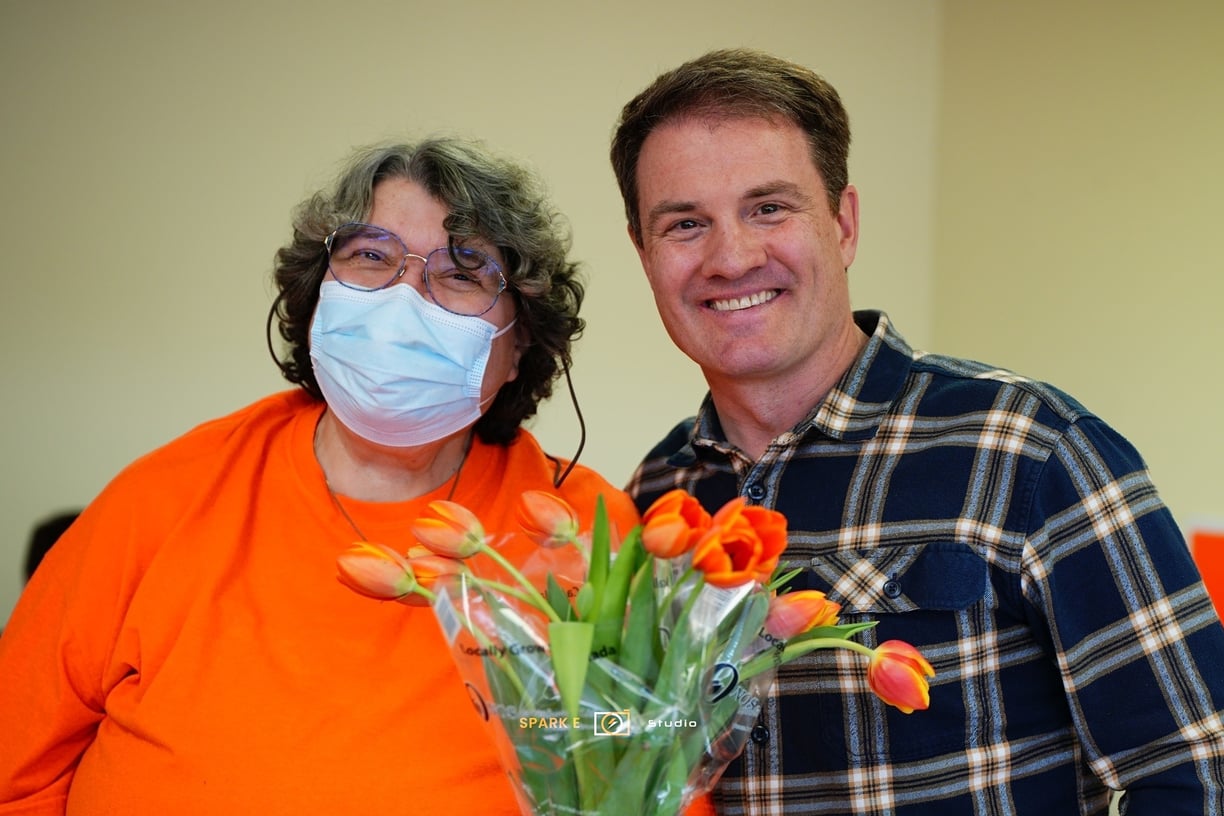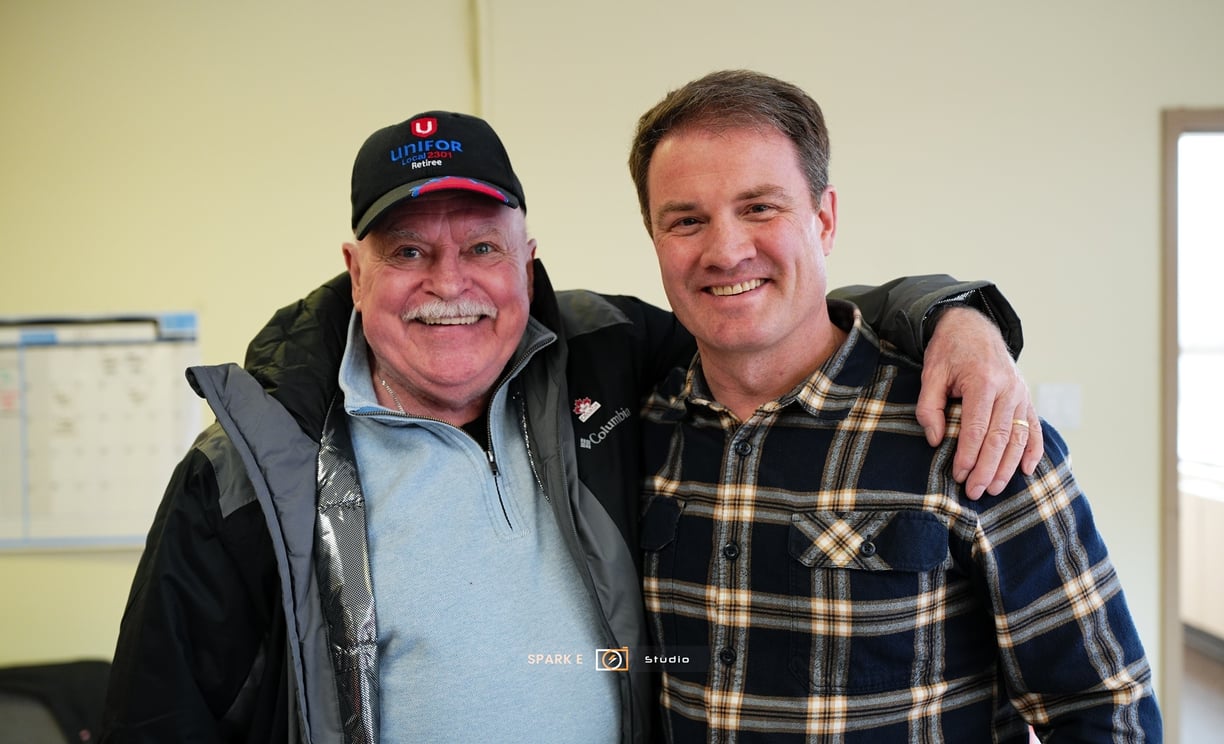Taylor Bachrach Questions & Answers Part
NDP Skeena-Bulkley Valley MP Candidate Questionnaire on Key Issues. Taylor Bachrach Q&A
Questions by Danny Nunes | Answers from Taylor Bachrach
4/14/20258 min read
1.What are the top three issues you plan to focus on during your campaign for the 2025 election, andhow do they address the unique needs of Skeena—Bulkley Valley?
There are so many important issues that need to be addressed in this election, but the three at the top of mind for myself and so many people in the northwest are:
- Positioning our region and Canada as a whole to withstand Donald Trump’s threats to our economy and sovereignty;
- Ensuring rural communities have the services and supports they need to deliver a high quality of life for residents and attract professionals;
- Standing up for our coast, watersheds and wild salmon in the face of Conservative attempts to gut key legislation.
2. Given your focus on fighting the climate crisis, what specific policies will you advocate for in the next election to ensure rural communities like those in northwest BC are supported in transitioning to a greener economy?
Climate change remains the greatest challenge of our time, and a clear threat to our security, our economy and our way of life. The NDP will make sure that the financial burden of tackling the climate crisis falls on the shoulders of the biggest polluters. We’ll eliminate handouts to big oil; tax excess profits on oil and gas companies; invest in climate adaptation and disaster preparedness; and make it easier to access home retrofits and clean power. We’ll also invest in clean energy projects and sustainable jobs to make sure that workers and communities aren’t left behind in the shift to a clean energy economy.
3. How do you plan to ensure that the voices of rural and remote communities in Skeena—Bulkley Valley are heard in Ottawa, especially in a potentially crowded election cycle?
People know that I show up and I listen. I’ve always put the needs of our communities at the forefront of my work in Parliament. I have helped secure funding for infrastructure projects and emergency relief. I’ve fought to restore and grow services such as post offices, addiction recovery centers, and passport services. I’ve stood next to our workers in support of their rights. I will always work hard to improve the lives of the people in our region.
4. What concrete steps will you propose in the 2025 election to advance relationships with Indigenous peoples in your riding?
Among our many commitments, the NDP will invest in Indigenous housing in partnership Indigenous communities; implement a Red Dress Alert across the entire country; and close the $300 billion infrastructure deficit in Indigenous communities. We will also implement all 94 of the Truth and Reconciliation Commission’s calls to action and the National Inquiry’s calls for Justice. And we will ensure the promise of the new legislation concerning indigenous rights is fulfilled.
5. Inflation and cost-of-living concerns have been pressing issues for Canadians. What economic policies will you champion to help families and small businesses in Skeena—Bulkley Valley thrive?
We will champion “made in Canada” policies to ensure Canadian procurement prioritizes Canadian resources, materials and labour. New Democrats will make life more affordable by scrapping the GST on basics like grocery and restaurant meals; diapers; kids’ clothes; phone, internet and home heating; putting a price cap on basic grocery essentials; fixing Liberal failures to the National Dental Care Program so more Canadians can qualify; making more life-changing medications free; building affordable homes; and working with provinces to implement rent control.
6. As the NDP transport critic, how will you push for improved infrastructure—such as rural internet, transit, and rail safety—in your riding during the 2025 campaign?
We will create an affordable and reliable public transportation network to connect rural communities. We’ll improve Via Rail’s reliability by giving passenger trains priority on tracks; replace the aging long-distance fleet; invest in accessible infrastructure; and expand service to more communities. We’ll also develop a national inter-regional bus service with the mission of connecting all communities within every province and territory with safe, affordable, accessible, resilient, and integrated service. We’ll hold the big rail companies accountable for rail safety through more stringent federal inspections and enforcement, and will require them to pay for emergency response capacity needed to protect our communities in the case of a disaster. And we will deliver high-speed and reliable broadband and cell service to all communities across the country.
7. Access to health care remains a challenge in rural areas. What solutions will you propose in the election to improve health services for your constituents?
The healthcare system in northwest BC has benefited from modern new facilities but it can’t meet our communities’ needs unless we address the shortage of health professionals. That means attracting more doctors and nurses to our region. We need to streamline licensing for qualified healthcare workers from other countries who want to work in our communities; expand student loan forgiveness for healthcare professionals in underserved areas; and strengthen the Canada Health Act to stop the expansion of for-profit health care. The NDP will increase federal health transfers to meet the needs of our communities and achieve a more equitable cost share with the provinces. .
8. If the NDP remains in opposition after the election, how will you work to hold the government accountable on issues that matter most to northwest BC?
Going back to the time of Tommy Douglas, the NDP has always used the power we’ve held in Parliament to improve the lives of Canadians, whether that be universal healthcare, the Canadian pension plan, dental care, pharmacare, or affordable childcare. We will continue to raise our voices in the House of Commons and in committees, negotiate with other parties and work alongside our communities to hold the government’s feet to the fire on the issues that matter.


The Kitimat Area team contacted each candidate for Member of Parliament for Skeena Bulkley Valley for the April 28th Canadian Federal Election. We submitted a list of questions to each candidate that highlight key issues in the election and highlighted key parts of each candidates election platform. We are publishing the answers in order of when they were first received. Taylor Bachrach. Answers received April 11, 2025
9. If a liberal minority government were to happen again, would you again support an NDP—Liberal coalition or confidence-and-supply agreement, and what conditions would you set for such an arrangement?
Minority parliaments in which no single party holds majority power require parties to work together. Minority parliaments occur in democracies all over the world and some of the most productive parliaments in Canadian history have been minorities. I will approach whichever parliamentary arrangement voters deliver with the goal of working constructively to make people’s lives better.
10. The vast size of Skeena—Bulkley Valley can make voter outreach difficult. What strategies will you use to connect with constituents and boost turnout for the April 28th election?
I’m lucky to have a strong team of passionate volunteers in communities all across the riding. We’re all working hard to reach out to every community, engage with people on the issues, and make sure everyone is able to vote. We use tools like zoom and social media, but mostly it’s good old boots on the ground. For my part, I do a lot of travelling during campaigns so I can personally reach as many communities as possible.
11. How will you address controversial energy projects—like pipelines or LNG developments—in your riding during the campaign, alancing economic growth with environmental concerns?
All industrial projects must obtain appropriate Indigenous consent, deliver benefits to local communities, and be consistent with Canada’s international climate obligations. I work hard to understand different perspectives and stand up for the things that matter to people and communities in our region.
12. Affordable housing is a growing issue across Canada. What specific plans will you bring to the table in 2025 to tackle housing shortages in rural communities like Smithers and Terrace?
New Democrats will set aside 100% of suitable federal lands, and invest in acquiring more, to build over 100,000 rent-controlled homes by 2035. To accomplish this we’ll partner with non-profit developers, co-ops, and Indigenous communities to publicly finance new construction. We will also ban corporations from buying existing affordable rental buildings; provide low-interest, government-backed mortgages for first time home buyers; and increase the Rental Protection Fund – to help non-profits purchase affordable apartments when they come onto the market.
13. Looking back at your time as MP since 2019, what achievements are you most proud of, and how will you build on them in the next term if re-elected?
Achievements such as pharmacare, dental care, affordable childcare and a national school food program are all policies my NDP colleagues and I have worked for years to achieve, and I’m so proud we were able to make them a reality for the folks whose lives they improve. I’m also so proud of the work I was able to do alongside communities throughout the riding to achieve wins for their areas, such as restoring postal service to Atlin and Southbank; securing $77 million of federal funding to address Prince Rupert’s water infrastructure crisis; and having the Fall Economic Statement increase the northern residents tax deduction for the residents on Haida Gwaii.
14. How do you see the NDP’s national platform aligning with the needs of Skeena—Bulkley Valley, and what role will you play in shaping it ahead of the election?
While people living in areas like the northwest share many of the same concerns as people living in more densely populated areas, like affordability; access to healthcare; climate action; and access to services, the solutions are often very different in a rural context. As a rural MP, I’ve both provided important feedback on our party’s national platform to ensure it speaks directly to the rural context. I also work with my other rural colleagues to champion specific rural issues such as rural post offices, rail safety, the northern residents tax deduction and more.
15. What’s your plan to create and sustain good-paying jobs in northwest BC, particularly in light of global economic shifts and the push for a transition to green energy sources?
My NDP colleagues and I worked hard to pass the Sustainable Jobs Act, which guarantees workers a seat at the table to ensure good-paying union jobs as the world transitions to clean energy. We’ll facilitate investment in clean energy projects and sustainable jobs to ensure northwest BC workers and communities aren’t left behind in the shift to a clean energy economy. And we will take a “buy Canadian” approach to ensure Canadian production is sustainably using Canadian resources and maximizing economic value.
16. Are there opportunities for Canada to diversify its trade partnerships in response to Donald Trump’s tariff policies, and if so, which markets should we prioritize?
Yes, there is not only an opportunity to diversify Canada’s global trade relationships, it’s imperative that we do so. We should prioritize markets in countries that share Canada’s values and goals. At the same time, Canada must build its own economic resilience by investing in Canadian manufacturing and value-added industries, ensuring Canadian procurement emphasizes Canadian resources and products, and working with provinces and territories to remove unnecessary barriers to domestic trade.
17. How do you think Trump’s tariff decisions might affect cross-border supply chains, especially for resource-based economies like those in your riding?
The U.S. tariffs could have significant impacts on industries in the Northwest that currently rely on American markets. Softwood lumber and aluminum are two sectors that are particularly exposed to these tariffs. We are still waiting to see what the specific impacts will be, and I remain in close contact with leaders in those industries.
18. What role do you see for Parliament in ensuring Canadian workers and businesses are protected from the uncertainty of Trump’s trade policies?
The NDP has a plan that will ensure every dollar from counter tariffs go directly to workers and communities impacted; strengthen EI to protect workers who may lose their jobs; require companies that took public money won’t be allowed to gut Canadian plants or ship out machinery and tools paid for by Canadians; and remove the GST from Canadian-made cars and trucks to support domestic manufacturing.





